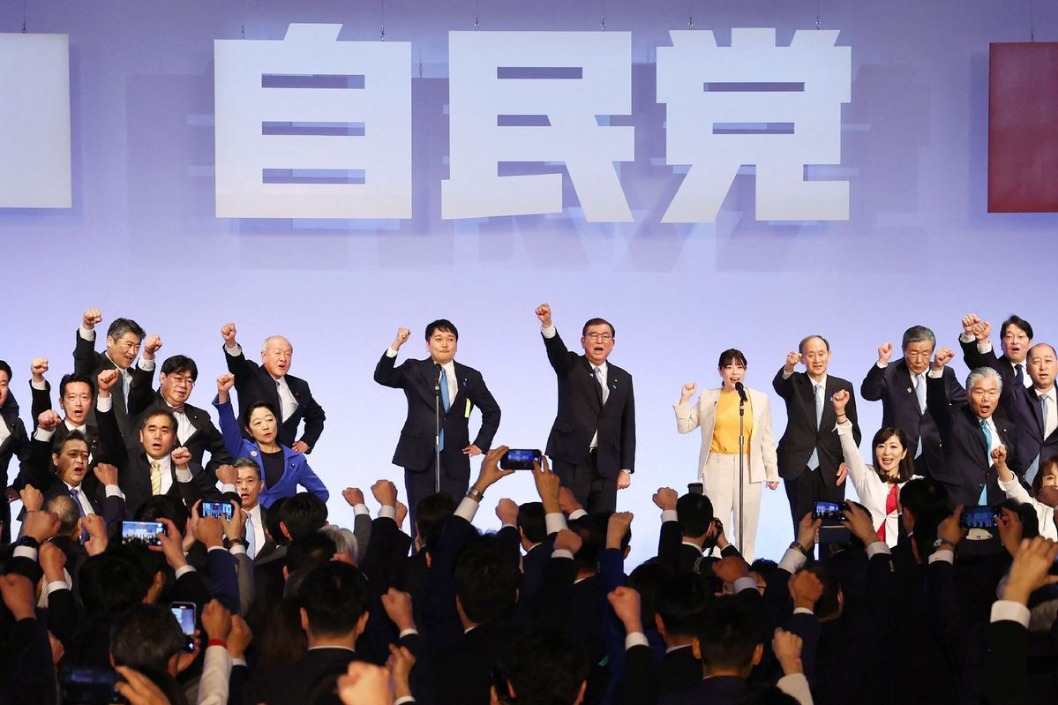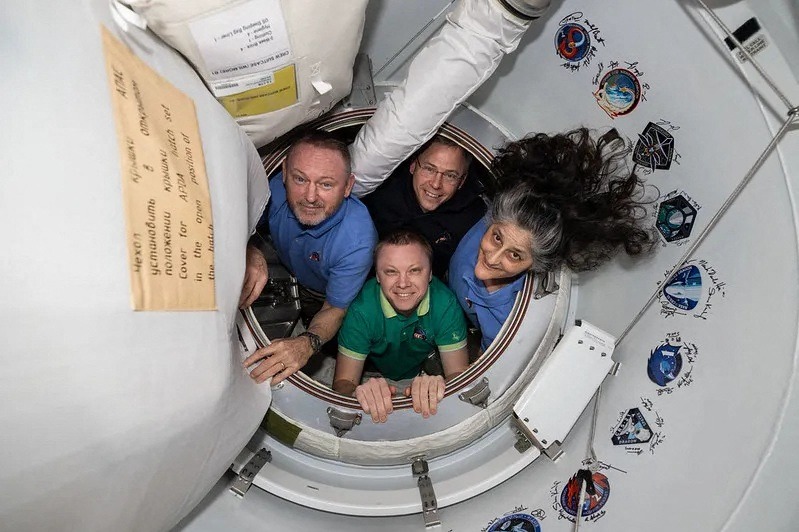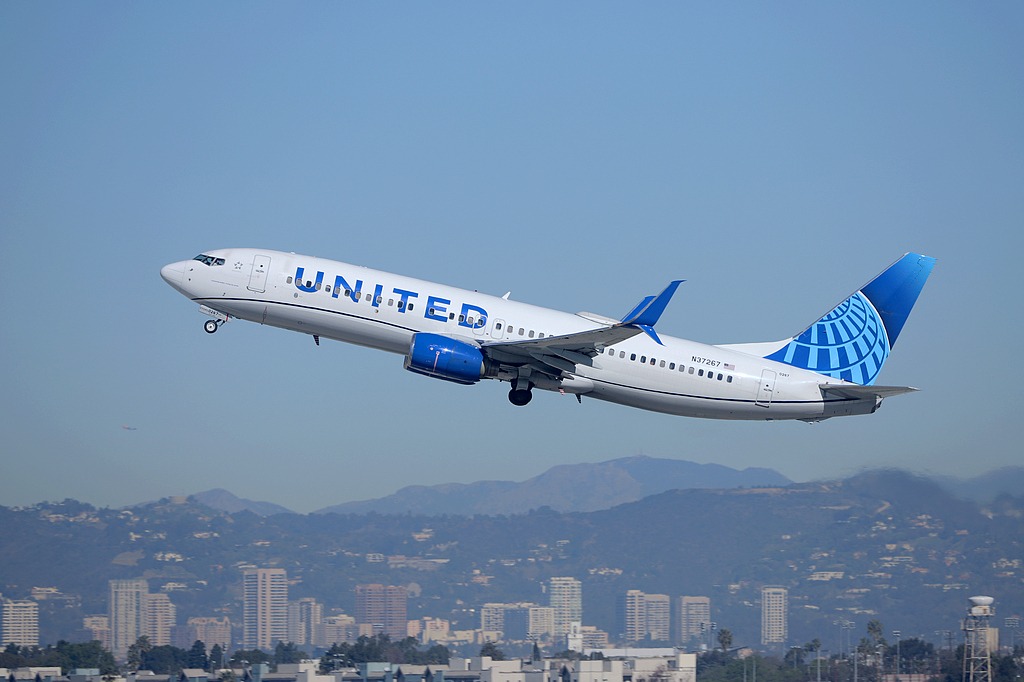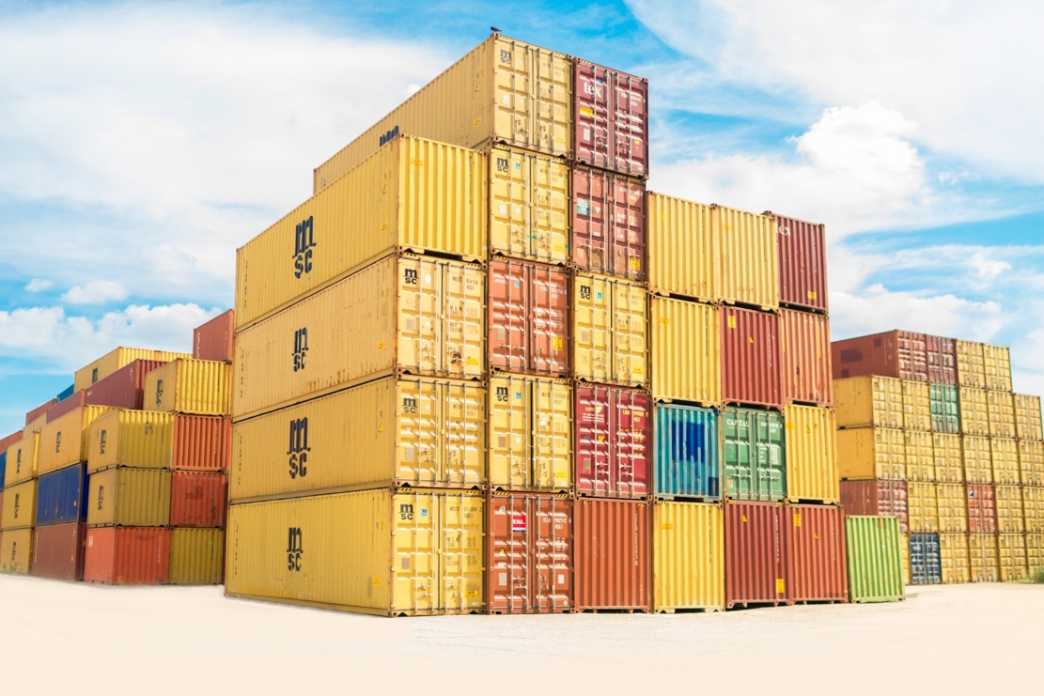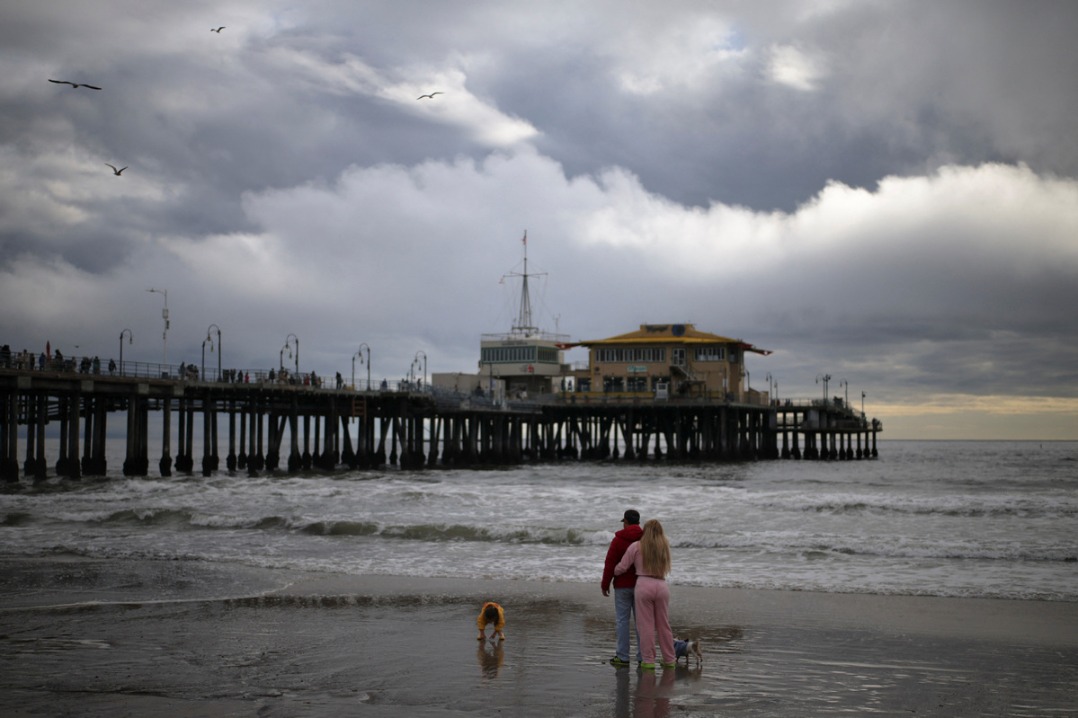Europe lurching toward strategic autonomy?

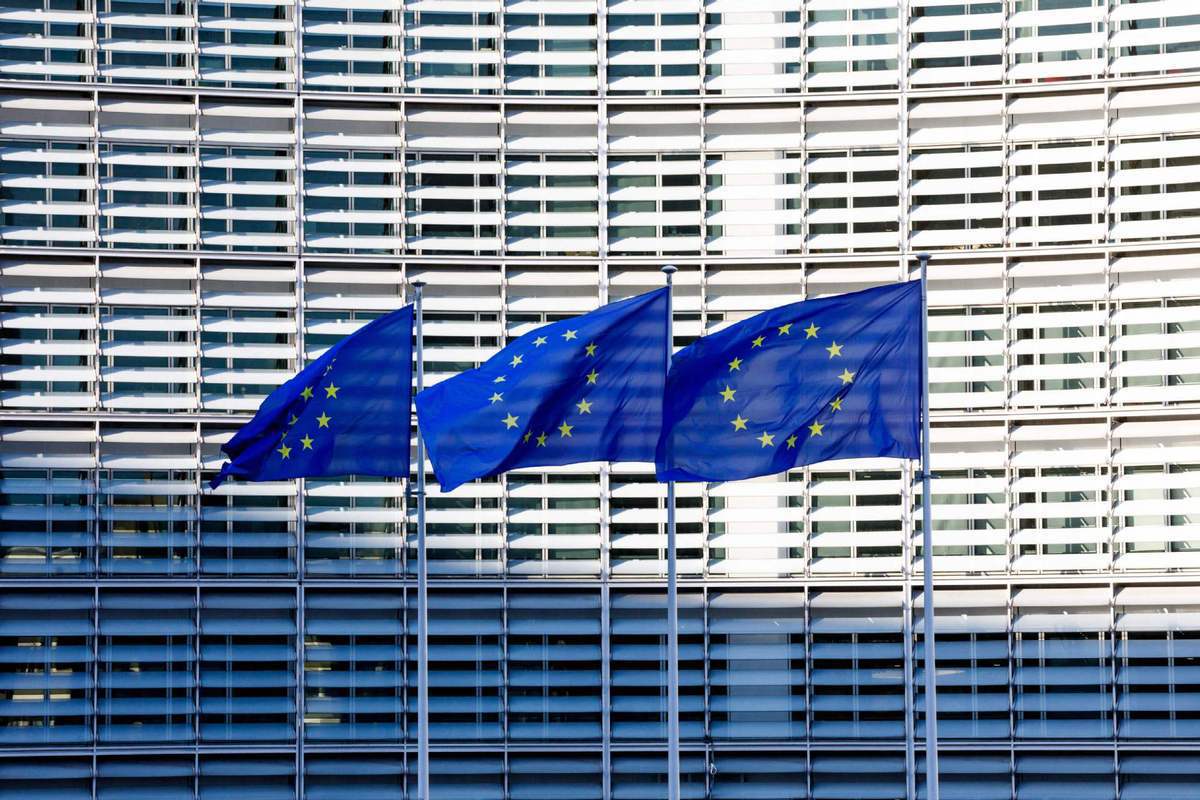
For nearly eight decades, European security has accepted the leadership of the United States as indispensable. Since the end of World War II, NATO has been the bedrock of European defense, and major security decisions — whether regarding the Cold War, the Balkans, Libya, or Afghanistan — have almost always been taken with Washington at the center, and often the helm.
Though Europe today remains deeply tied to the US for military and intelligence support, strategic autonomy is no longer a mere abstraction but gaining real traction. But it remains to be seen whether Europe can develop the means and consensus necessary to stand independently.
Obstacles to European strategic autonomy are numerous. The European Union, despite being a powerful economic bloc, lacks any unified security mechanism. Moreover, European states continue to perceive security threats differently. France has long been a vocal advocate for European autonomy. The United Kingdom, now outside of the EU, occupies a somewhat ambiguous but vitally important position. Differing attitudes toward Russia and China further complicate the picture. Some countries, particularly in Western Europe, prefer engagement over confrontation, while others see existential threats emanating from Moscow or Beijing.
The Ukraine conflict initially seemed like it could fracture Europe or drive a wedge between it and the US. Instead, it galvanized NATO, reinforced European solidarity, and confirmed the indispensability of transatlantic cooperation. Even as disagreements emerged over specific issues, Europe’s response remained more unified than many had predicted.
Now, with US President Donald Trump increasingly embracing Russia — and apparently more and more willing to weaken NATO commitments — Europe is being pushed toward greater self-reliance. This was on full display in London on March 2, when European leaders discussed closer military cooperation.
The shift in tone and urgency among European policymakers suggests a growing realization that relying on the US for security may not be tenable in the long term. European governments, particularly in Paris, London and Warsaw, have begun to emphasize military investments and deeper defense collaboration, not merely as a reaction to Trump’s unpredictability but as a necessary step toward long-term resilience.
The London discussions highlighted a renewed emphasis on collective European defense, with leaders acknowledging that they may soon have to take on responsibilities that were once assumed to be America’s. Trump’s awkward stance on NATO may be producing the very outcome he claims to desire: a Europe that shoulders more of its own security burden, albeit in ways that could reduce US influence.
How far European strategic autonomy can go remains to be seen. Still, the fact that serious discussions are taking place about issues such as a European nuclear deterrent — potentially with France’s nuclear arsenal serving as a substitute for the US nuclear umbrella — shows that ideas once considered fringe are gaining currency.
The broader shift toward military self-sufficiency is becoming evident in Europe’s more strident stance on Ukraine. Multiple European countries, including the United Kingdom and France, are not only providing financial aid and advanced weaponry, but are publicly committing to the prospect of sending troops and air support to guarantee Ukraine’s security. This goes beyond ad hoc assistance; it signals a fundamental transformation in how Europe perceives its role in global security.
The willingness to act independently in Ukraine could serve as a test case for broader European-led defense initiatives, pushing Europe toward a more assertive global security posture in years to come.
To the extent that Europe emerges as a more independent geopolitical actor, it will deepen and accelerate the transition toward a multipolar world order. American post-Cold War hegemony is being eroded, and a militarily more self-sufficient Europe could further dilute Washington’s global influence.
While Russia may be discomfited by a more militarily cohesive Europe, a Europe that prioritizes its own strategic concerns and may not always fully align with US policy creates opportunities for China to engage with European powers on terms more favorable to its interests. Regardless of the final trajectory, what is clear is that the era of Europe’s unquestioning reliance on US security is rapidly coming to an end.
The author is Chong Hua Professor of Chinese Development in the Faculty of Asian and Middle Eastern Studies and co-director at the Centre for Geopolitics, the University of Cambridge.
- Black people flee US in disgust with racism
- Boats carrying migrants capsize off San Diego; 8 dead, 7 missing
- Netanyahu to meet Trump at White House to discuss new tariffs imposed on Israel: media
- US treasury secretary mulls exit following tariff backlash: media
- Sri Lanka mulls discussions with US on new tariffs
















